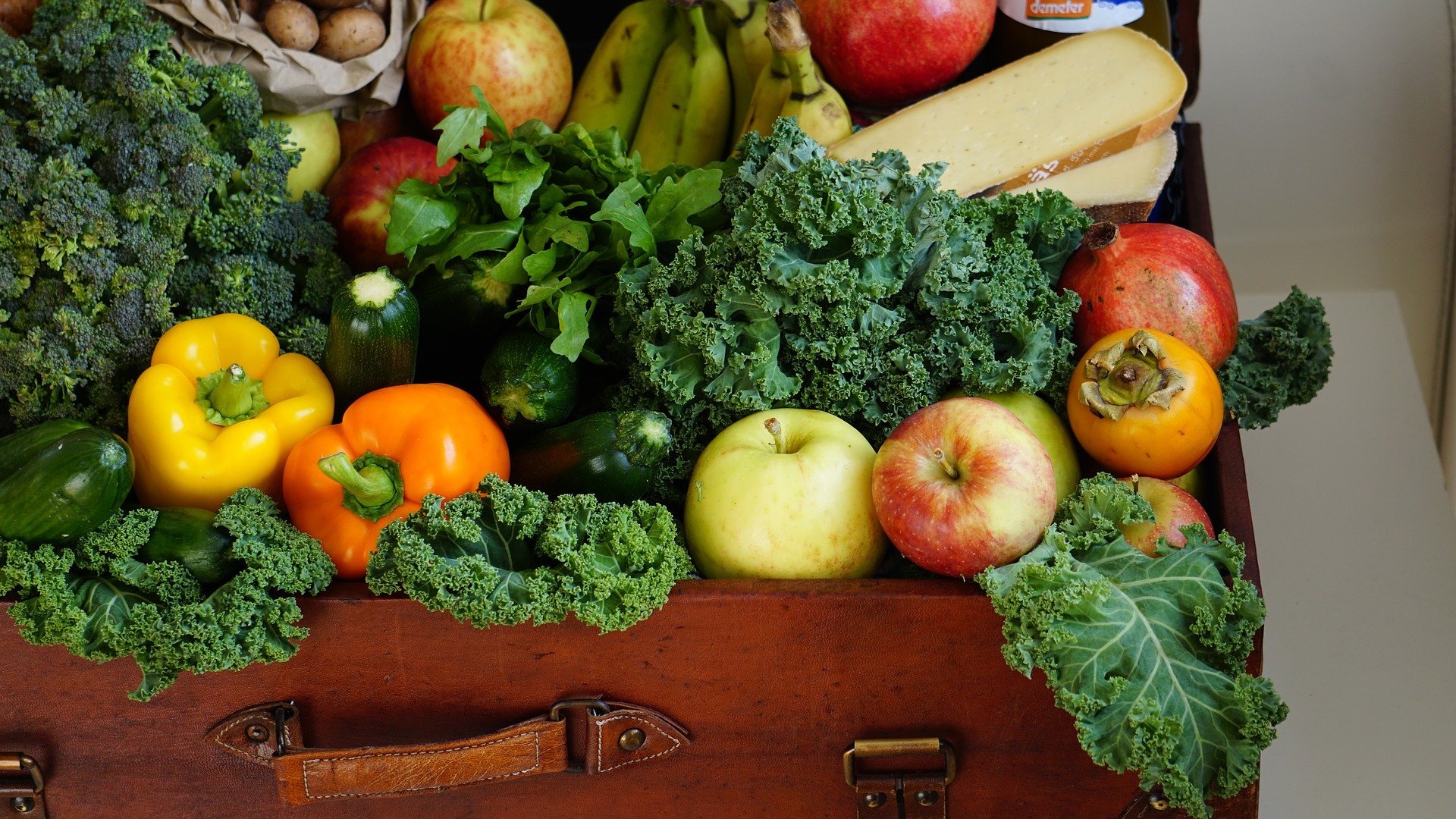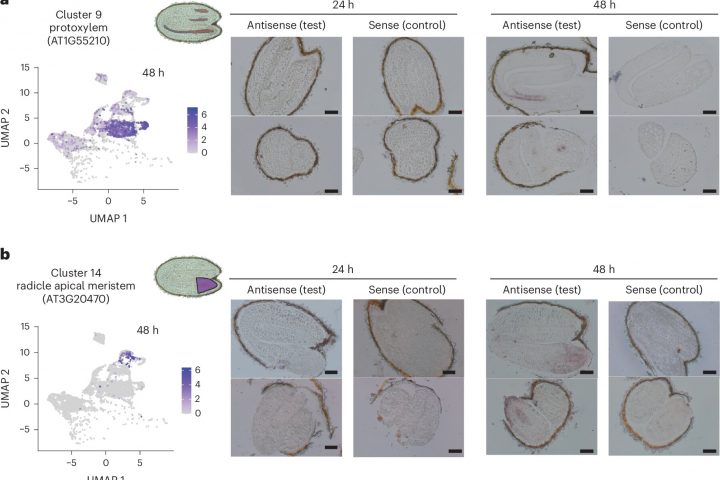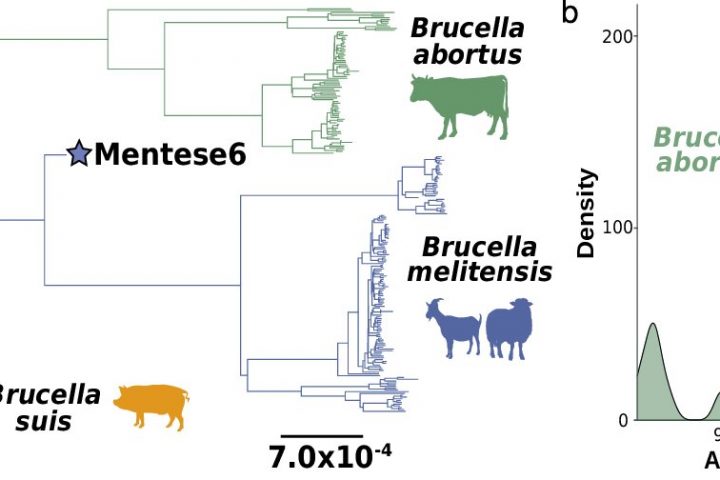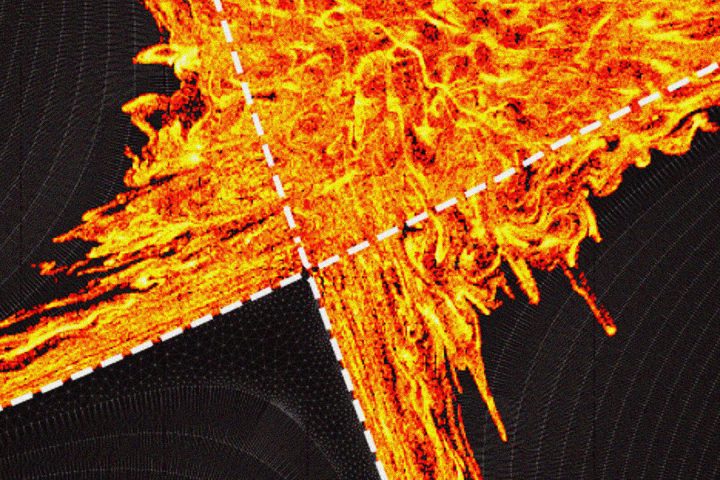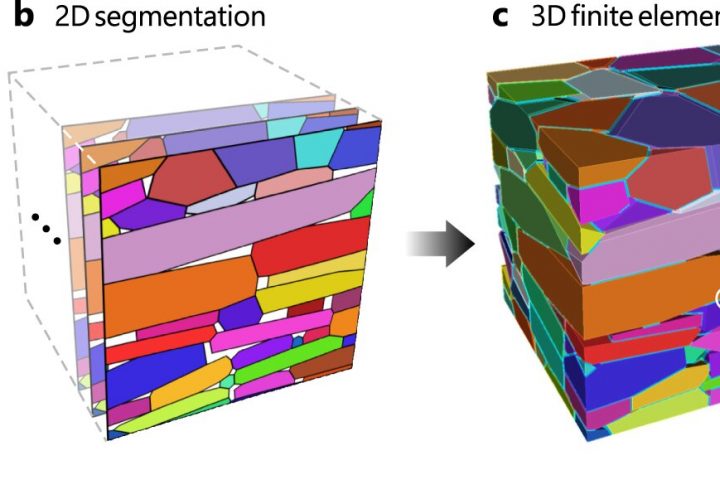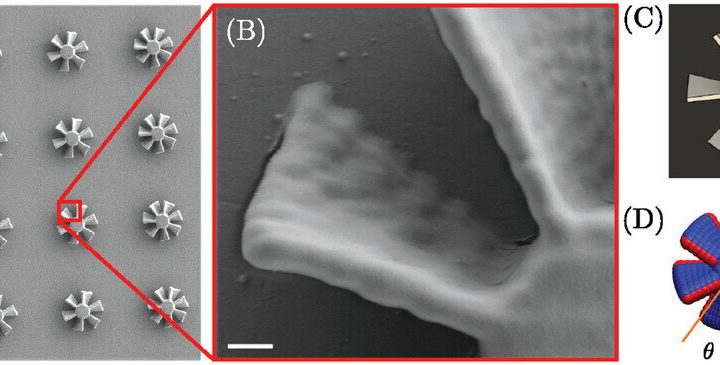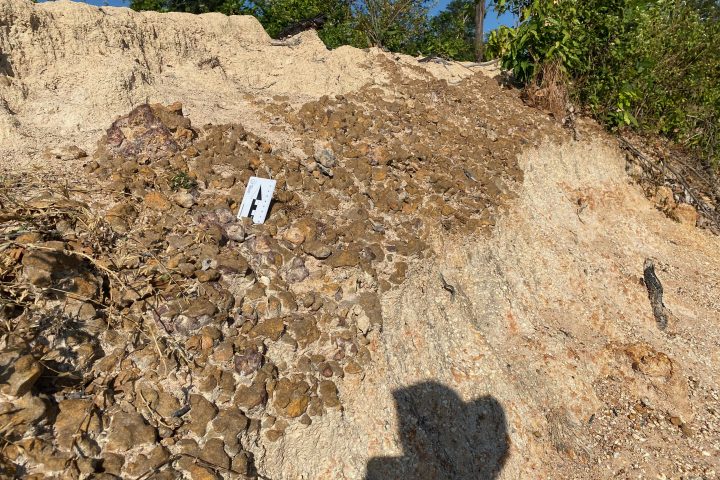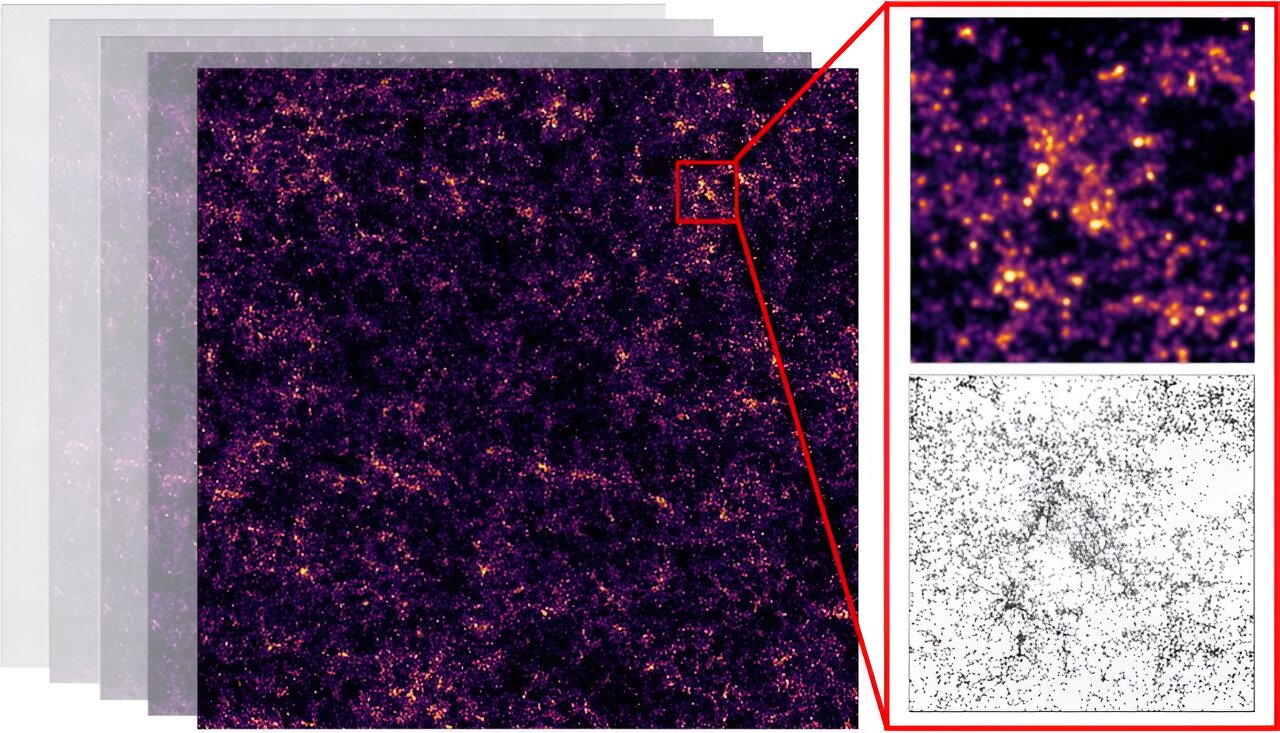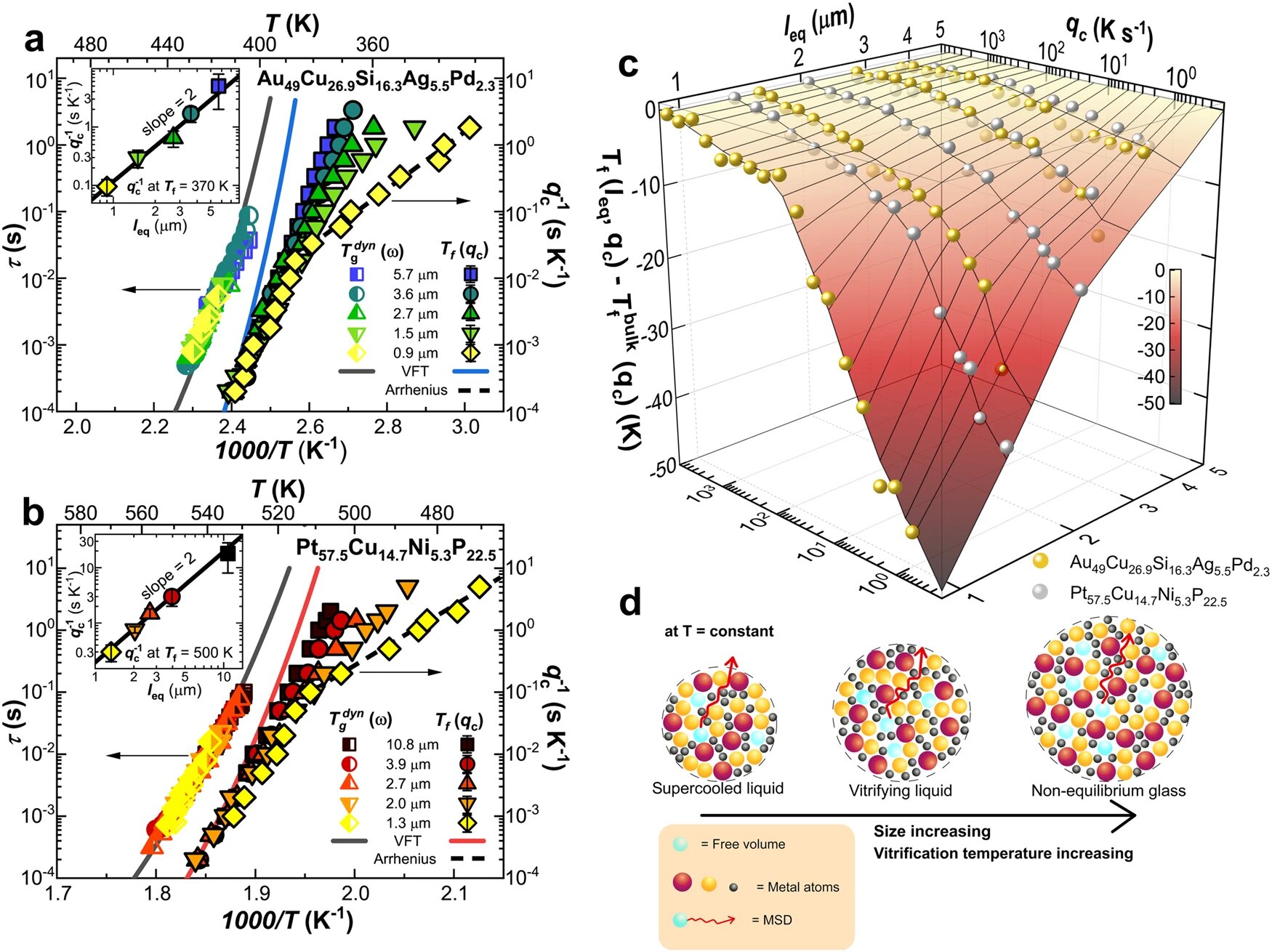A team of brilliant scientists from Thailand and Malaysia, led by the exceptional Associate Professor Taweechai Amornsakchai from Mahidol University, has achieved a groundbreaking feat. They have successfully developed an innovative, eco-friendly method to create films for food packaging using pineapple stem starch (PSS). These films are perfect for packaging fruits and vegetables, providing a low-cost and sustainable alternative.
In our quest to reduce the harmful impact of plastics on the environment, scientists and researchers have been exploring the creation of biodegradable plastics from natural sources. Starch-based materials have emerged as a promising solution, with corn and tapioca leading the way. However, concerns about potential disruptions to our food supply chain have arisen due to the extensive use of these starches.
Fortunately, there is a growing interest in alternative sources of starch, particularly those derived from agricultural waste. This avenue offers a promising pathway to tackle the plastic waste crisis without compromising food security.
In their groundbreaking study, Professor Amornsakchai’s team conducted a comprehensive investigation into films made from pineapple stem starch, known for its high amylose content. Through meticulous experiments, they successfully developed films using PSS, both in its pure form and when combined with glycerol to enhance flexibility and pliability. The remarkable findings of their research have been published in the esteemed journal Polymers.
The team utilized advanced techniques such as X-ray diffraction and water contact angle measurements to thoroughly analyze and characterize these films. Their research led to an intriguing discovery – all the films exhibited varying degrees of crystalline structure, making them highly resistant to water penetration. This inherent water resistance makes them ideal for applications where moisture protection is crucial.
Furthermore, the team delved into the influence of glycerol content on the mechanical properties of the films, as well as their ability to transmit gases like oxygen, carbon dioxide, and water vapor. As the glycerol content increased, the team observed a trade-off: while the tensile modulus and strength of the films decreased, there was a corresponding increase in the rate of gas transmission.
Excitingly, the team’s preliminary investigations uncovered a captivating potential application of the films. Coatings derived from PSS films were found to slow down the natural ripening process of bananas. This promising outcome suggests that the team’s research findings could be used to extend the shelf life of perishable produce through innovative applications.
